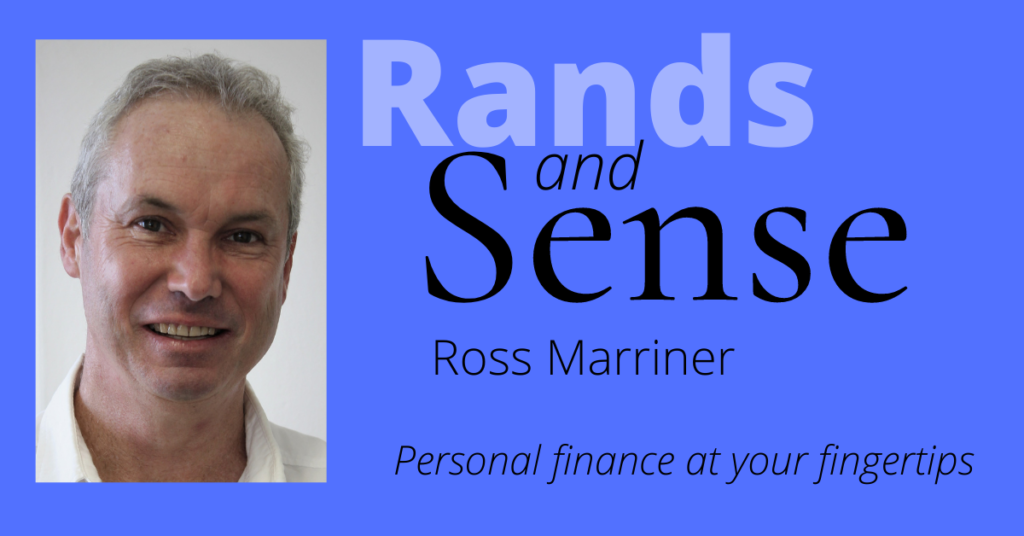The legendary singer and actor Elvis Presley earned over a billion dollars throughout his career. Still, when he passed away in 1977, all that was left in his estate was approximately $10 million. When his Executors wound up his estate, over 70% of the value of his estate had to be paid to the US Government in estate taxes, penalties and fees. This resulted in an amount of only $3 million being allocated to his beneficiaries. Although the “King of Rock & Roll” was one of the most outstanding performers of all time, the legacy he left behind for his loved ones was a fraction of the amount it could have been. This was partly due to poor advice and poor financial planning, and a lack of proper estate planning.
Your estate will have to be wound up and your net assets and belongings distributed to your nominated beneficiaries when you pass away. Estate duty is a tax levied by the government on the value of your estate before any distributions are made. This form of taxation is calculated as a percentage (currently 20% but rising to 25% on estates over R 30 million) of the net assets of your estate, over and above a certain threshold. Estate duty will be imposed upon the dutiable portion of your estate consisting of all your movable and immovable property regardless of where in the world the assets are located. Your executor will be entitled to deduct specific amounts from the value of your estate, including death-bed expenses, funeral costs, executor’s fees and other liabilities. In addition to Estate Duty, Capital Gains Tax will be levied on the profits made on the sale or transfer of any of your assets.
Estate Duty and Capital Gains Tax can significantly reduce the amount that will eventually be distributed to your beneficiaries. You must understand and plan for the potential impact these taxes will have on your estate. It would be best if you made provision for sufficient liquidity in your estate to meet these costs. Suppose assets such as property, business interests or a valuable collection such as vintage cars or paintings make up a significant component of your net worth. In that case, you need to have other investments which can easily be liquidated to cover potential death duties. Alternatively, you could have a life assurance policy that will pay out in the event of your death. It would be unfortunate if some of your assets would have to be sold for less than their value to ensure enough cash in your estate to cover death duties.
An experienced Certified Financial Planner® will be able to assist you in ensuring that your estate is correctly structured to avoid paying more death duties than is necessary. It will be a travesty if a large portion of your wealth “leaves the building” the way Elvis did and is paid to the government instead of your loved ones!
Rands and Sense is a monthly column written by Ross Marriner, a CERTIFIED FINANCIAL PLANNER® with PSG Wealth. His Financial Planning Office number is 046 622 2891


